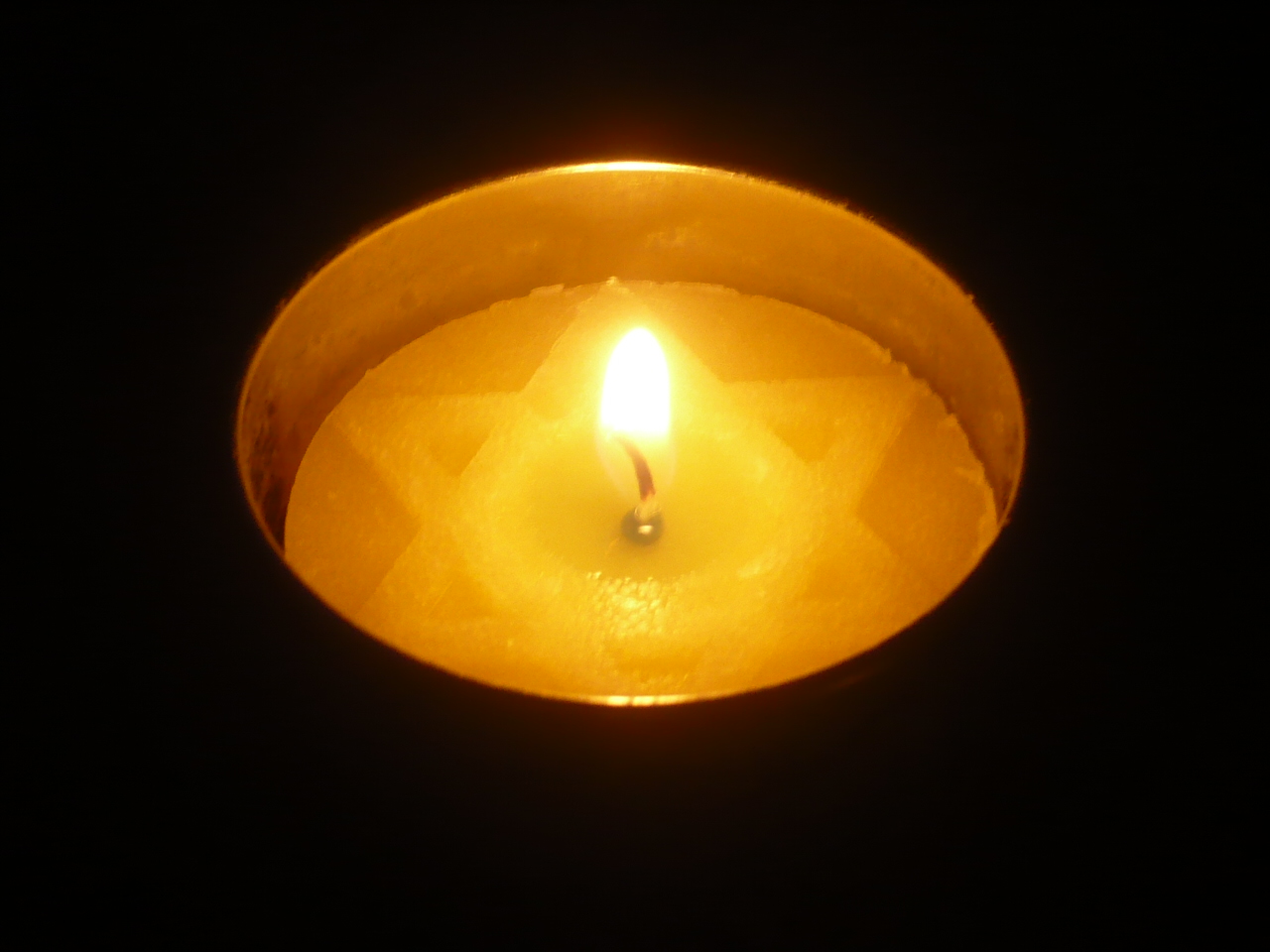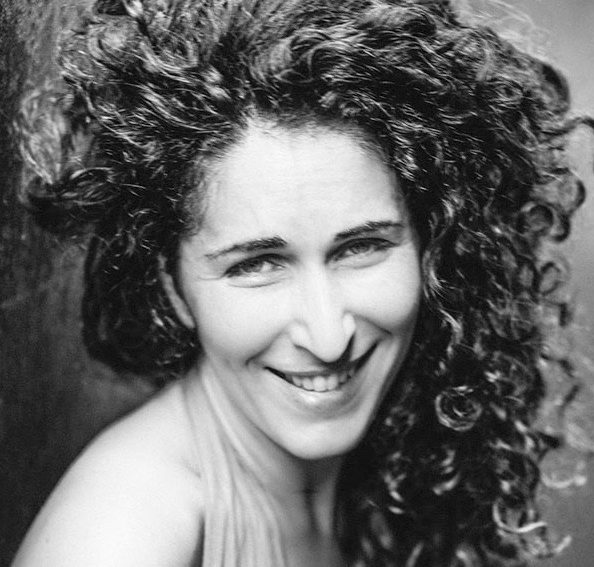 Photo from Wikimedia Commons.
Photo from Wikimedia Commons. The survivors were our neighbors.
They were ancient and wrinkled and they spoke Yiddish and had numbers on their forearms and were all women.
I never understood why there were no men.
Outside our building the 1980’s were in full swing and the air was full of reggae and pot smoke and skateboarding and Baywatch was being filmed just exactly right in the parking lot across the street. Yes, that one: the one that is a homeless encampment now.
But inside the building it was not the 1980’s. It was a strange in between world with wall-to-wall carpeting, a vague air from the 1940’s, but maybe also the 1970’s, plus poppy seed cakes and oranges (bought by my mother) black tea, some decent beach views.
Inside was a world of failing eye sight, hip problems—all the indignities of aging and the outrages of successful lawyer sons who never visited and divorcee daughters who were ungrateful. Inside the memory of the unspeakable was thick in the air, like a shadow that would not leave, a smell you cannot ever quite get out. The smell that is grief.
Their children did not visit, so we were their children. Or at least, my parents were. My mother did grocery shopping for them, listened to them complain, picked up their meds at the pharmacy. I was the resident baby, skipping around the building, practicing hand-stands in the lobby. We—our family— were the only young ones in the building.
I remember them sitting in the sun porch, gossiping, in Yiddish so I could not understand. Minnie, Esther, Rosie, Elvira. Minnie was the one with bad paranoia, one time when my Mom brought her fruit, she thought she was stealing from her and beat her arm with a metal pipe. I remember the purple-green bruise on my mother’s arm. Rosie was the nice one, who called me mammaleh and always had the poppy seed cake or else that really good cinnamon ruggelach. At least one of them was a communist—I think that was also Minnie– and tried to organize the other ladies into a revolution, but they just blinked at her and drank their tea.
And those housecoats! They all wore these flowery houses coats, like mumus with zippers showing generous, freckly liver-spotted chests and their deep, rich ravaged eyes and their apartments were sad and heavy and still except the sound of a ticking clock, or else maybe the television.
And everywhere in the apartments were doilies, those little orange and yellow knitted yarn doilies that covered the toilet paper in the bathroom, and also white lace crochet doilies on the table next to framed black and white photos of slightly blurry, mustachioed men.
Upstairs, inside our apartment, my mother made homemade wholewheat pizza for dinner while I played with My Little Pony’s in my bedroom and my sister practiced Chopin on the piano.
I was too little to know details of the Holocaust but I knew it existed because my father and older sisters talked about it sometimes at the dinner table. And because I was just learning to read and I could see the books in my parents bookshelves. And because my sister was reading the Diary of Anne Frank which she would later pass on to me.
By the time I was old enough to read it, the last of the old ladies would have died and soon thereafter all the old carpets were pulled out and then the building suddenly had wood floors, which I guess had been there underneath the carpets all along.
Later– much later, in high school– I would learn that my own maternal grandfathers parents did not survive, that they were lined up in their village in Pontavez, Lithuania and those who could work were sent to camps, and those that were too old or sick were shot.
My mother still has the letter, from the village, sharing this information. It is yellow and on the thinnest paper you ever touched.
I never heard Esther and Minnie and Rosie and Elvira’s stories because I was too young but I understood then on some vague level as I do now, that it was by a fluke of luck that I was born here and they were born over there and that they had been young once like me and had maybe practiced hand-stands and made up songs and dances and made daisy chains with their girlfriends on long afternoons at the lake or in the woods, maybe with a picnic.
Or maybe with a piece of delicious poppy seed cake wrapped up by their own grandmother.
Baruch Dayan Ha’emet. May we never forget





















 More news and opinions than at a Shabbat dinner, right in your inbox.
More news and opinions than at a Shabbat dinner, right in your inbox.